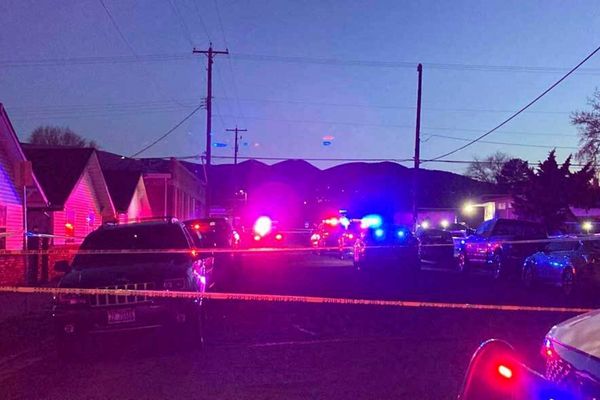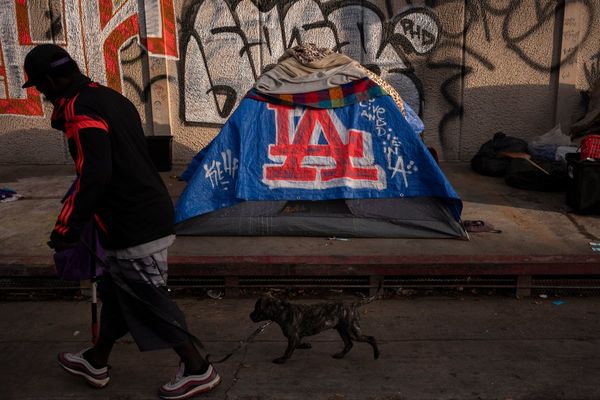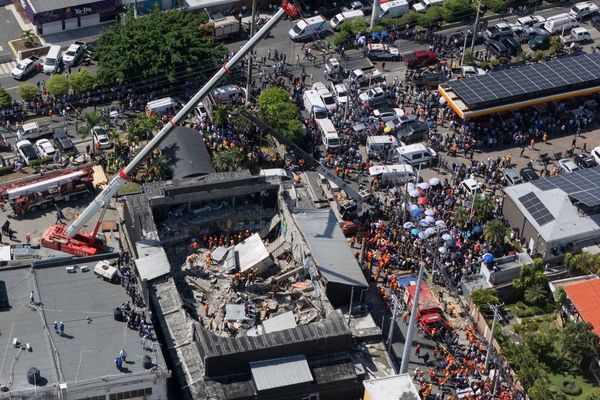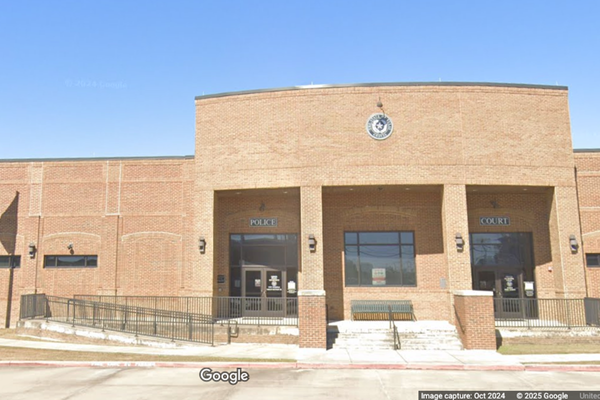
The junta in Niger has scrapped two key security agreements with the European Union that were intended to help fight violence in the Sahel region, as the country's army leaders discuss military cooperation with Russian officials.
The government has withdrawn its permission for the EU Military Partnership Mission in Niger that was launched in February, the foreign ministry said on Monday.
It has also revoked approval for the EU Civilian Capacity-Building Mission, which was established in 2012 to help the country's security forces fight militants and other threats.
Around 120 Europeans are permanently deployed in Niger through the civilian mission, known as Eucap.
Before the coup in July that deposed the country's president, Mohamed Bazoum, Niger had been the West and Europe's last major security partner in the Sahel. But since the army seized power, tensions have been growing between Niger and its former allies.
Most of Niger's foreign economic and security allies have sanctioned the country, including France, which had 1,500 troops operating in Niger. All of them have been asked to leave.
Russian visit
The day before the junta announced it was ending the EU deals, a Russian delegation led by Russia's Deputy Minister of Defence Lounous-Bek Evkourov met with Niger's junta leader, Abdourahmane Tchiani, and Minister of State for National Defense Salifou Mody.
The two sides held more meetings on Monday.
"At the centre of the discussions is the strengthening of cooperation between the two countries in the field of defence," Niger's defence ministry said in a statement, hinting that the junta could establish formal ties with Moscow, which does not currently have an embassy or military personnel in Niger.
Russia has been active in parts of Africa through its private mercenary Wagner Group – including neighbouring Mali, where Wagner fighters are partnering with the army in battling armed rebels.
Evkourov has also visited Mali and Burkina Faso multiple times in the past three months.
Together with Andrei Averyanov, a notorious general from Russia's GRU military intelligence agency, he has become one of the main organisers of Russian relations in Africa after the head of the Wagner Group, Yevgeny Prigozhin, died in an apparent plane crash in August.
(with newswires)







